This nation is regarded as a good place to call home. It is for those who want to live in a place with a variety of landscapes and better living standards. Vina del Mar, Santiago, and Chile provide a global lifestyle with the modernity, culture, and development that define most modern cities. Chile has comparatively low crime rates and good healthcare, both public and private when compared to other Latin American nations of a similar nature.
Economically Developed Country
Chile is sometimes referred to as “the Switzerland of South America.” There are numerous explanations for this: According to the Global Peace Index, Chile is ranked 24th. This nation boasts the most advanced economy and the least amount of corruption in all of Latin America. According to the Press Freedom Index, Chile is ranked 33rd. Effective funds are available to assist small businesses. Chile’s degree of economic and social development is comparable to that of many European nations, and travel there is extremely comfortable and safe.
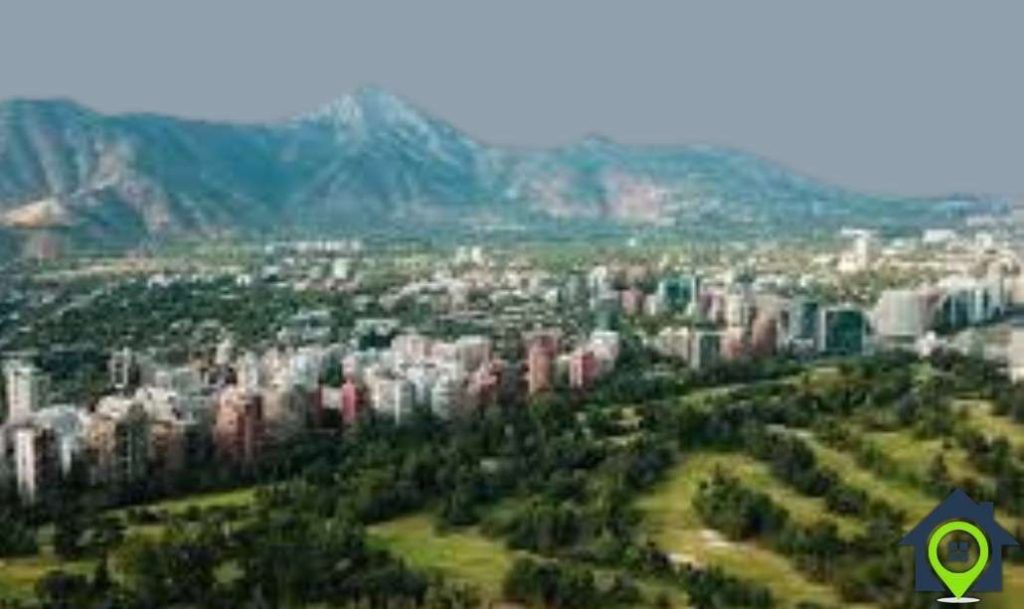
Social Classes
Formal social classes in Chile are A, B, C, D, and E.. There are unique characteristics for each letter, such as occupation, kind of medical insurance, education level, and place of residence. Few people can truly transfer from one class to another since social mobility is so limited.
In ordinary conversation as well as when discussing the target market for a product or service, for instance, this classification is frequently employed. Employers who are extremely conservative may even enquire about your city residence. They do it because it’s a habit, not because they mean something negative. Naturally, there are no documents that contain these letters.
Language
English only does not cut it here; you have to speak at least a little Spanish in Chile, unlike most of South America. Even in spite of the fact that Spanish is named as the official language of the country, many even Spanish speaking can find it difficult to understand this particular Chilean Spanish because of the many colloquial expressions being tagged to the language. Nonetheless, as you will be interpreting, it will be a new language to you, so you will want something that isn’t a completely negative aspect.
Housing
They indicate that Santiago is among the best towns for people of other nationalities to live in based on the cost of living. But there is a need to launch a study to determine whether one should settle here or anywhere else in Chile. It very often can be difficult to locate an affordable house for rent since there has been a trend over the recent past that advocates for the renting of houses rather than flats.
People when searching for any house or flat should be rather patient and try to regulate their enthusiasm. As a precaution, you should check at newspapers about lodgings, look at some real estate sites, or consult with actual real estate agencies for proper accommodations.
Travel
That is one thing, which one must definitely do when in Chile, namely explore its rich and diverse landscape. I actually didn’t have any problem moving around Chile, if you have a flight, that is. In my case if you want to reach Rapa Nui (Easter Island) or some of the more isolated areas in the south of Chile, flying is the only option, being still more time-saving than the other modes of transport, even though it may be the most expensive.
But owning a car is also advantageous, especially in Chile, because it enables you to explore its great national parks and modern cities. However, if you plan on traveling through the countryside of Chile, then you should know that not all cars are equipped for Chile’s roads because of their terrain—the roads consist of gravel. If you decide not to buy a car, it can be moved around only by the railway, which is not very developed and does not exist in most of the country; it is better to go by bus or plane.
Working
With one of the best-performing economies in Latin America, Chile is an attractive destination for expats and investors. However, there are several uncertainties, despite getting a work permit and the complexity involved in the employment contract laws. Because most people here do not know English at all or know it just a little, you might need to learn it in order to speak with other people as well as to be able to look for work.
It indicates that the people of Chile pay much attention to their interpersonal relationships; hence, looking for an accountable job in the country could be very challenging, especially if you do not know anybody. You might compare the classified advertisements of today with those published in one of the most popular newspapers in Chile, El Mercurio.
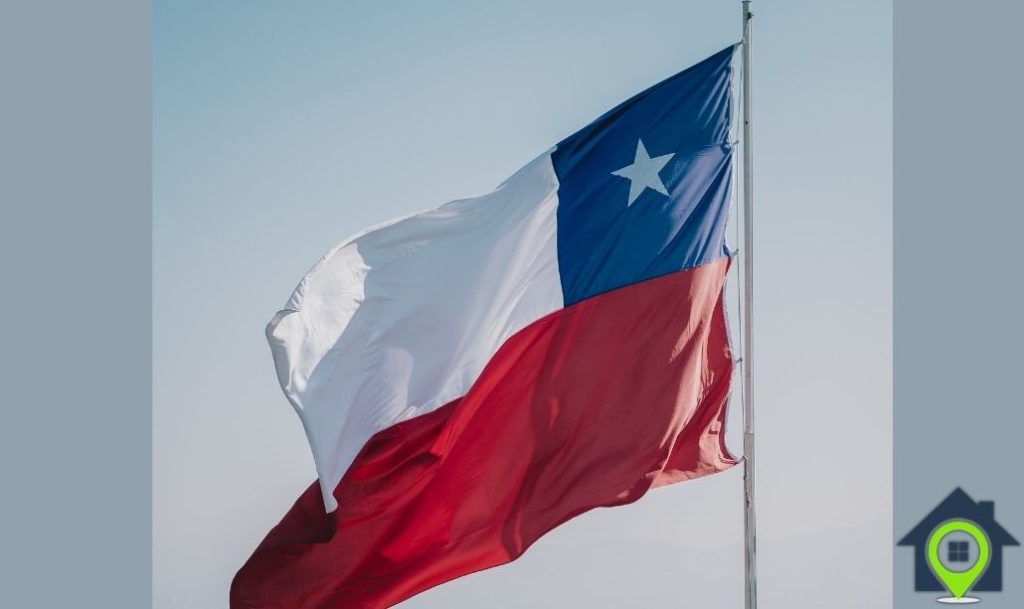
Remember that things in Chile operate more slowly, especially if you are traveling from a nation with excellent customer service. Waiting a long time for someone to answer the phone or respond to your email is not unusual. If there isn’t a clear explanation or an urgent issue, even your business partners may not respond to you straight away.
Regardless of whether they are paid by local or international businesses, foreigners who have a residence in Chile are deemed residents and are subject to income tax. For the first three years, non-residents are only taxed on their Chilean income.
Air Quality
Valley cities like Santiago, Chillán, Temuco, and Osorno frequently become “sealed” with cold air throughout the winter, which keeps the pollutants within. Wood stoves continue to be the primary source of heat outside of Santiago. Smog remains an issue right now, despite the government’s efforts to reduce pollution through a variety of policies and the massive renewable energy projects that are making the future appear clean. In addition, the price of electricity is relatively expensive.
The pollution is quite seasonal, peaking between 5 and 8 p.m. in cold weather from May to September, and it is far less severe than in many other nations. The National Air Quality System allows you to track it and view historical statistics.
Health System
Chile is relatively chilly; hence, it doesn’t have any of the diseases seen in tropical and subtropical regions. Although tap water is usually safe to drink, most places have excessive mineralization, which can make it taste bad.
The government’s FONASA and private enterprises’ ISAPRE are the two categories of healthcare insurance. The commune determines the quality of public healthcare, which typically has lengthy wait periods. Moreover, FONASA cannot be used (except for emergency care) prior to securing at least a temporary residency. Contributions to FONASA amount to 7% of the monthly salary.
Education
In Chile, students between the ages of six and seventeen must complete primary and secondary school. The majority of schools, whether privately or government-subsidized, charge nominal enrolment and entrance fees. Monthly voluntary fees are charged in public government-subsidized schools, and parents are free to decline to pay them. Typically, public schools are owned by the municipality where they are located.
Students can choose between a scientific-humanist, technical-professional (vocational), or artistic education path during the last two years of secondary school, after which they get conventional education for the first two years.
Pros And Cons
Pros
- Weather
- Safe city
- The cost of real estate
- expanding city of Santiago’s
- landscapes
- The medical system
- Wine
Cons
- contamination
- language
- Slowness
- Currencies


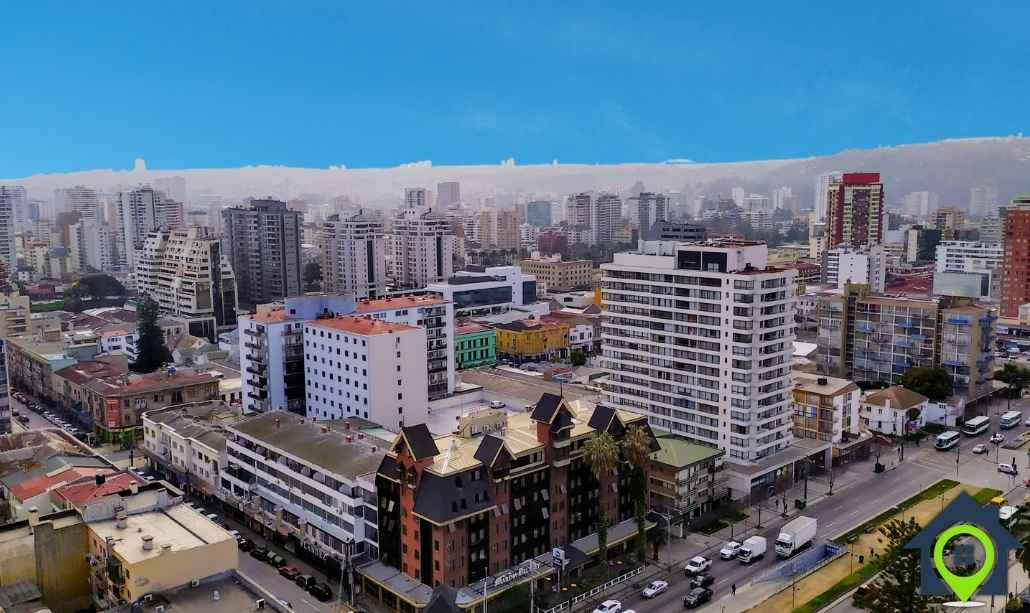

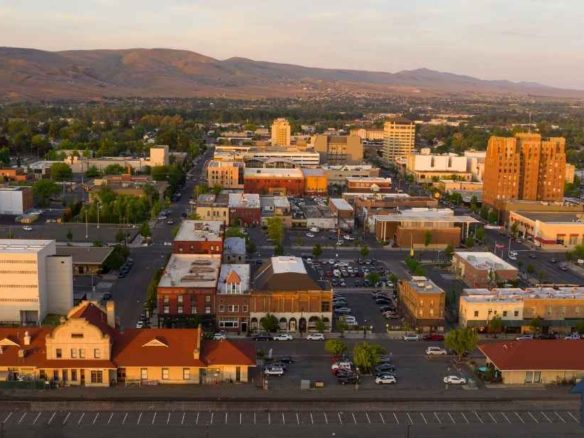
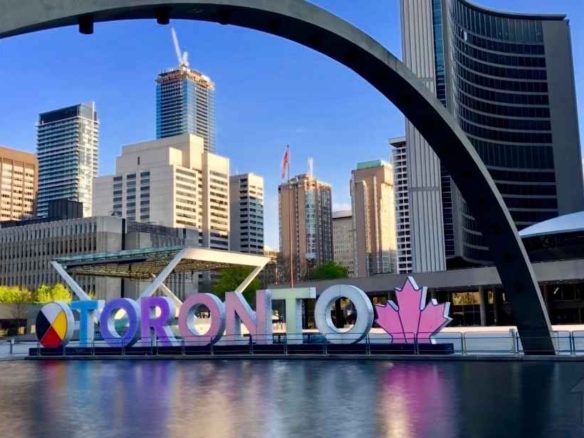
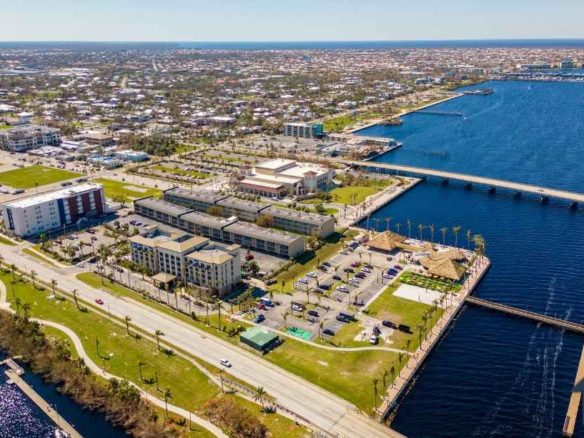
Join The Discussion